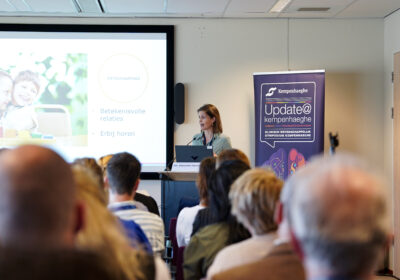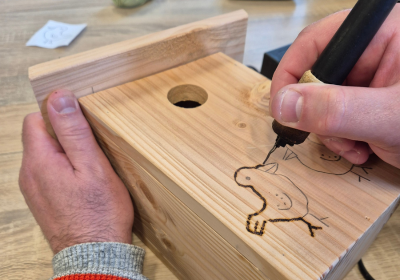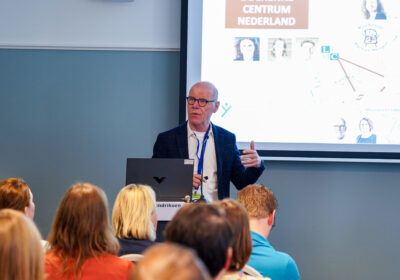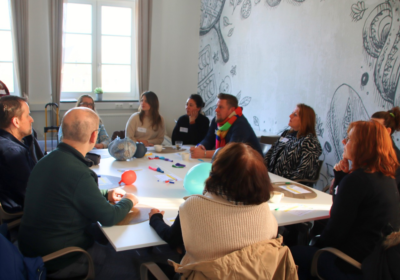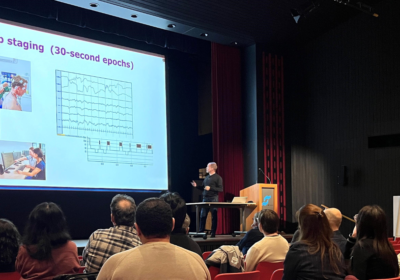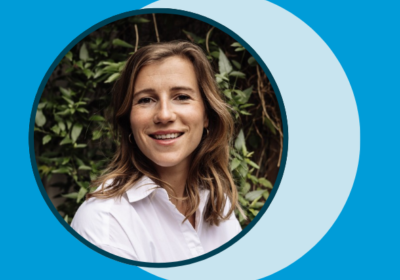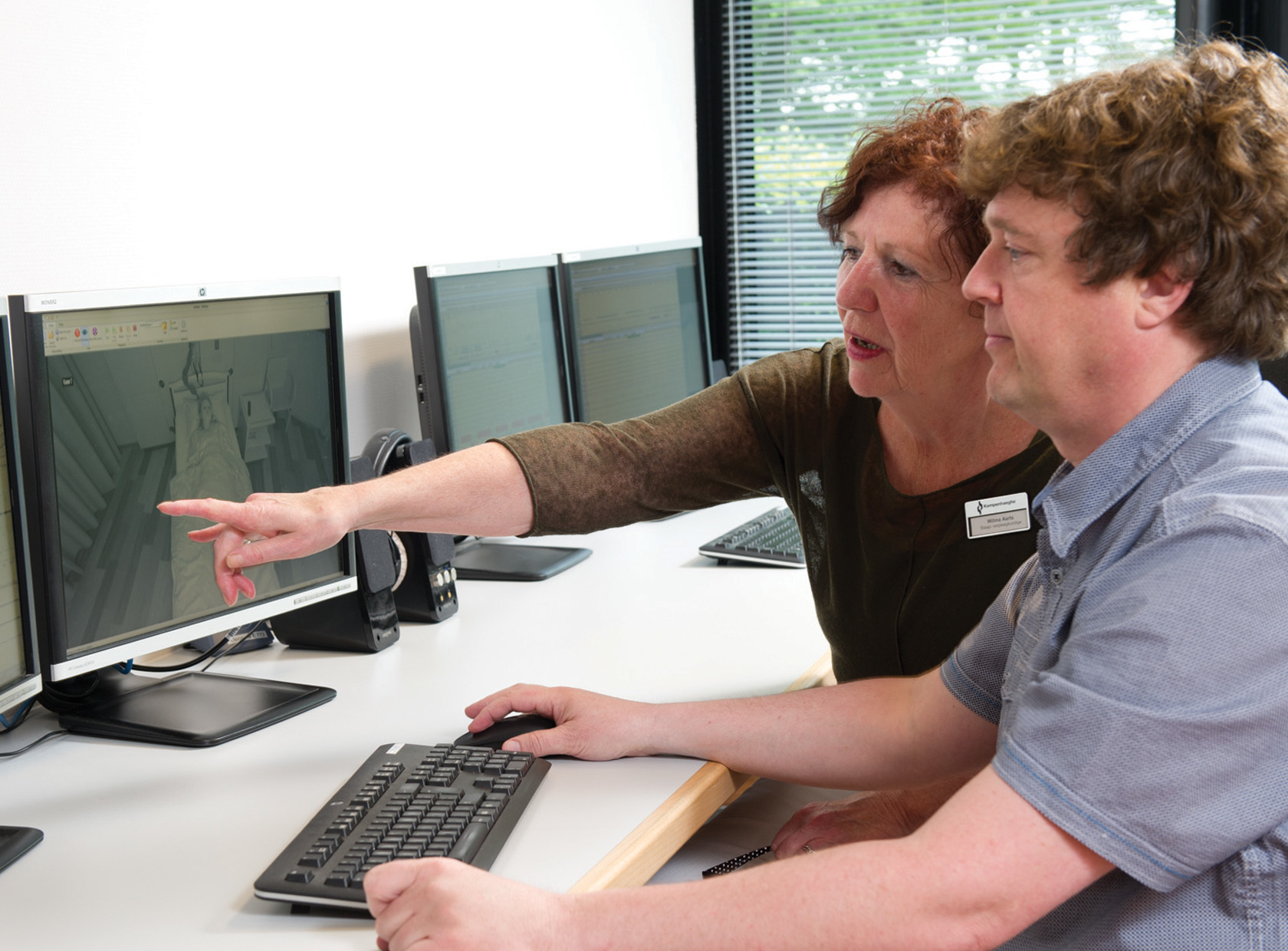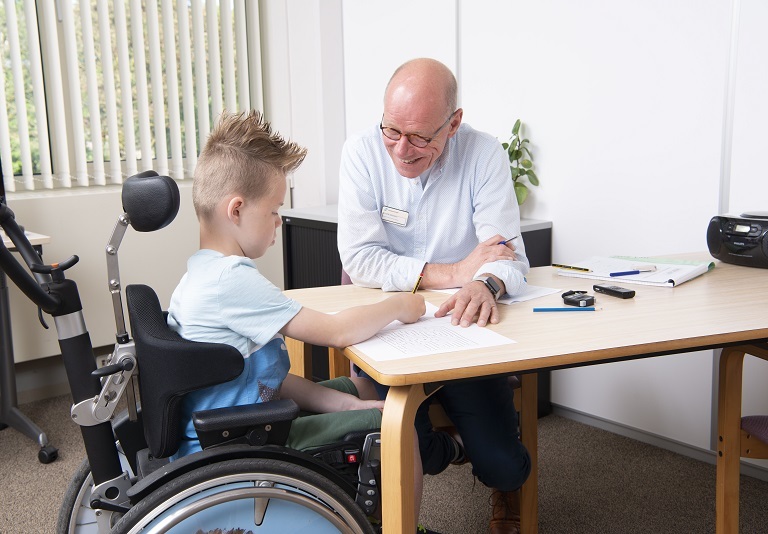
Een nieuw perspectief
Bij Kempenhaeghe weten we dat een ziekte, aandoening of stoornis een grote impact kan hebben. Op het leven van de patiënt, maar ook op zijn omgeving. Onze professionals nemen daarom echt de tijd voor patiënten, leerlingen, cliënten en hun omgeving. Zodat iedereen kans maakt op het vinden van een nieuw perspectief.
We gaan tot het uiterste voor een oplossing waarmee iemand verder kan. Met alle kennis en alle aandacht. Al onze professionals brengen elk hun eigen deskundigheid in en zoeken samen naar de beste aanpak. Hierin nemen ze vanuit hun expertises graag het voortouw. Voor de beste zorg van vandaag delen we onze kennis met verwijzers en specialisten in binnen- en buitenland. En voor de beste zorg van morgen werken we samen met andere toonaangevende partijen aan wetenschappelijk onderzoek. Zo maakt Kempenhaeghe het verschil.

